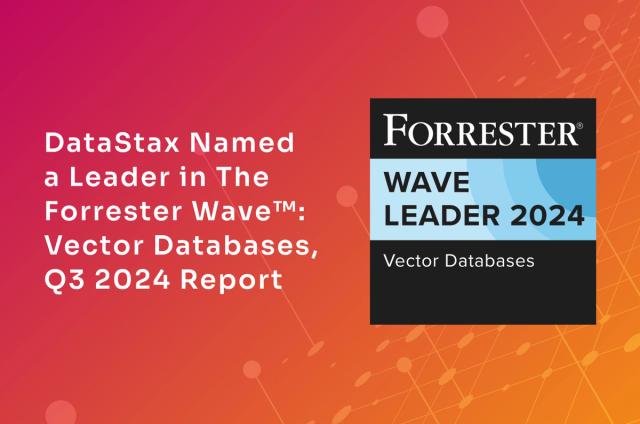What's Ahead in Data Management in 2020

Fresh off an exciting year, data management is once again taking center stage in 2020.
If you’re interested in learning more about what 2020 means for data management, we invite you to check out a new on-demand webinar, What’s Ahead in Data Management in 2020, moderated by Philip Russom, TDWI’s lead analyst for data management.
The webinar explores a number of exciting new trends affecting data management, including:
- The evolution of data volumes, structures, sources, interfaces, and latencies
- The emergence of new data platforms—like cloud, NoSQL, graph, and more
- The role automation plays in accelerating developer workflows
- The rise of machine learning and artificial intelligence and what it means for data management
How data management has changed this year
In 2019, we saw several game-changing data management trends pervade enterprises across all sectors.
For example, analytics has taken on an increasingly critical role in many organizations. We’ve also seen the rise of geospatial search, the prioritization of smart data governance and data autonomy initiatives, and the increased prevalence of hybrid and multi-cloud environments, which present their own unique data management challenges.
Still, for many organizations, the approach to data management leaves much to be desired. Financial organizations, for example, still rely on legacy systems that make it difficult to handle large volumes of data efficiently. Many of them also have massive problems with data silos—which can make it easier for data breaches to occur.
At the same time, the proliferation of IoT is creating new data management challenges for organizations that are forced to figure out how to manage and secure more data than ever before—and make sense of it in real time. This problem will only compound as 5G networks and other similar technologies come to market.
Figuring out how to navigate our increasingly data-driven connected world can seem like an insurmountable challenge from the outset. But with the right people, tools, and philosophies guiding your approach, that challenge is one you can manage. Find out how.




